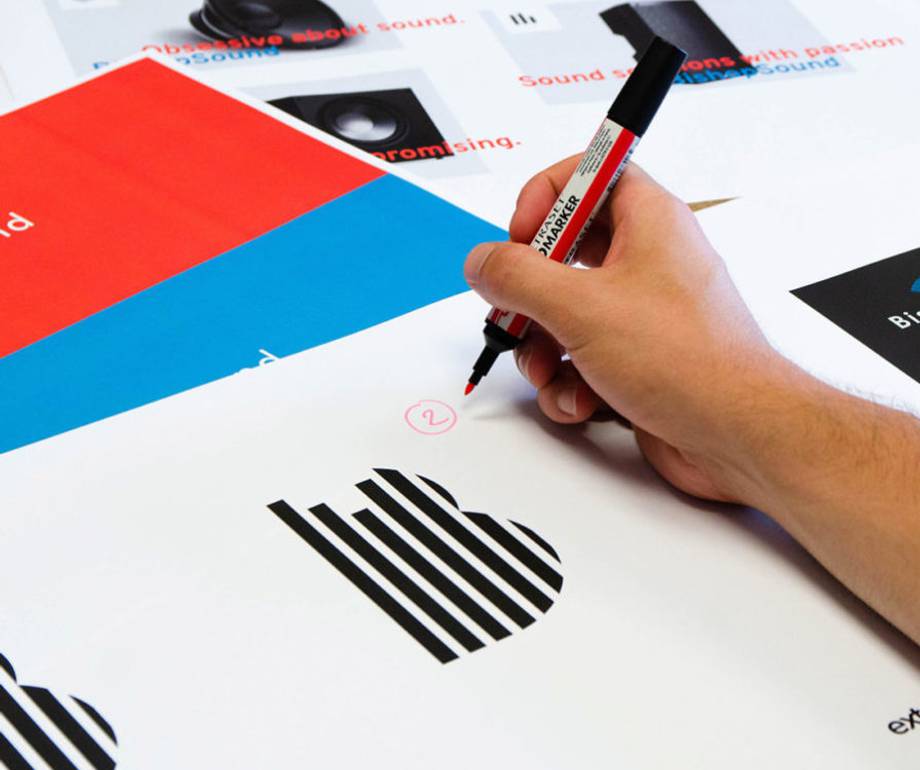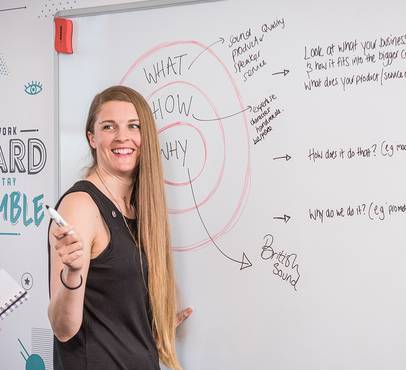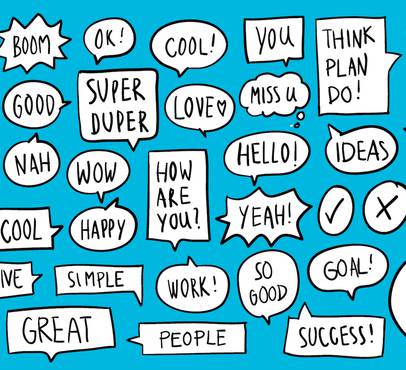“A brand is not a logo” cried the designer.
While true, this common statement doesn’t go very far to explain what a brand is. For a group of professionals who pride ourselves on our ability to communicate and make the complicated simple, we’ve not done the best job of articulating what a brand is and the business impact it delivers.
Why is a brand so hard to define?
A brand is an abstract concept. It involves feelings and—on the whole—we are not very good at describing feelings. Brand has multiple definitions, can have multiple meanings, and is made up of multiple elements. No wonder all the confusion. All that said, if you boil it down to it’s single core concept, it’s fairly simple.
A simple definition of brand
Of all the definitions of brand, Marty Neumeier’s describes the concept most succinctly.
“A brand is a person's gut feeling about a product service, or organisation.”
A person’s gut feeling... that’s all it is. This captures 2 important points:
- Brands are about people
- Brands are about feelings
Brands are about people
The first thing to understand about brands is that they exist in the minds of people; remember: it’s a person’s gut feeling. Your customers, your prospects, your competitors, your employees, you; each person develops their own unique version of the brand, these versions will differ depending on each individual's experiences with your organisation, product or service, as well as their life experiences, personal beliefs and biases.
The act of branding is the endeavor to influence this process of brand creation in the mind. The more people who have the same or similar feeling about your organisation, product or service, the more a brand begins to emerge.
Brands are about feelings
A brand is a feeling; it’s about emotion, perception and reputation. Although we like to believe that we are rational human beings, the truth is we are emotional, we act on intuition and many of the decisions we make are based on gut feeling.
Brands are often described as being like people. The modern consumer’s expectations of brands is that they show more and more human traits: they have personality, they behave and speak in a way that feels consistent and authentic, they have beliefs, values and hold a point of view, they foster evolving relationships and connect on a human level. In the same way that our feelings towards another person are influenced by what that person says, how they say it, how they look, how they behave and how each of these things align with our own ideals, the same is true of brands and our feelings towards them.
A brand in a nutshell
So that’s it; a simple take on what a brand is. It’s a feeling, a shared understanding, a reputation. What your brand becomes is no longer up to you; it’s up to them.
Looking for help developing your brand? We're ready for you.
Drop us a linePost by

Amy joined in 2014 to set up our Content department. She now heads up a growing Brand and Content team, utilising over 13 years’ experience to deliver brand awareness through targeted, multi-channel copy. As well as engaging content for websites and blogs, Amy delivers PR strategies and tone of voice exploration, helping clients to communicate the purpose and values of their brand with maximum impact.
Project



